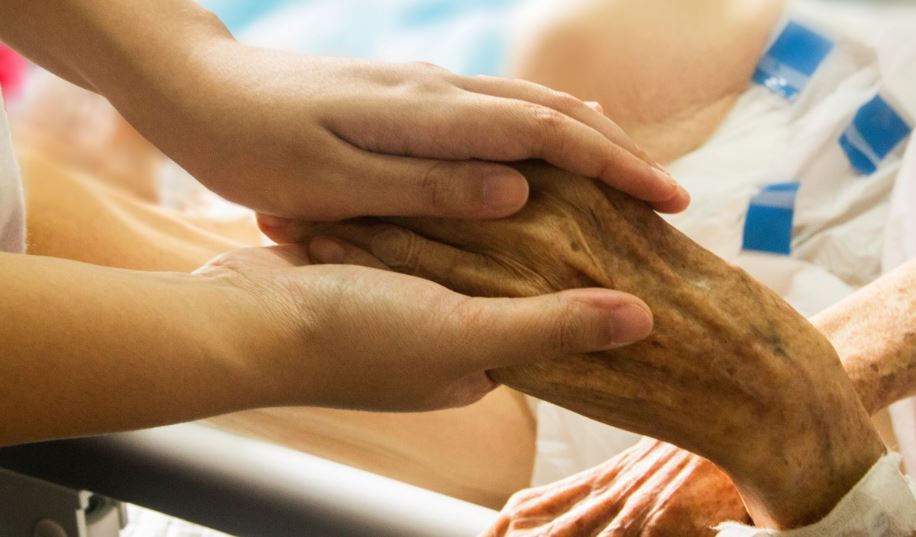Caring for a senior relative, whether it’s a parent, grandparent, or another beloved family member, comes with unique challenges and responsibilities. Recognizing that each senior has individual needs, preferences, and health conditions is essential. Tailoring care to meet their specific requirements is compassionate and essential for their overall well-being. This article will explore why it’s crucial to customize care for your senior relative.
1. Unique Health Conditions
Seniors often face a range of health conditions that can vary greatly from one individual to another. Conditions such as diabetes, heart disease, arthritis, dementia, and mobility issues all require specific care strategies. By tailoring care to your senior relative’s health condition, you can better manage their symptoms, provide necessary support, and improve their quality of life.
2. Individual Preferences
Everyone has unique preferences and habits, and seniors are no exception. These preferences extend to daily routines, meal choices, recreational activities, and social interactions, even whether they want to move to a care home such as valeviewheights.com. Taking these individual preferences into account ensures that the care you provide aligns with your senior relative’s lifestyle and values. It can also make them feel more comfortable and in control of their own lives.
3. Mental and Emotional Well-Being
Mental and emotional well-being is just as important as physical health, particularly for seniors. The emotional needs of a senior relative may differ significantly from those of another family member. Some may benefit from regular social interactions and outings, while others may prefer more solitude. By understanding their emotional needs and tailoring care to support their mental health, you can help them maintain a positive outlook and avoid feelings of isolation or depression.
4. Promoting Independence
Seniors often value their independence and autonomy. Tailoring care means finding a balance between providing necessary assistance and allowing them to maintain a sense of independence. For example, seniors with mobility issues may appreciate adaptive devices that enable them to independently perform everyday tasks. Respecting their need for independence can boost their self-esteem and overall well-being.
5. Evolving Needs
As your senior relative ages, their needs may change over time. The care they require now may not be the same as what they need in the future. Tailoring care means being adaptable and responsive to their evolving needs. Regular communication and reassessment of their health, preferences, and living situation are essential to ensure that the care provided remains effective and relevant.
6. Social and Family Dynamics
Family dynamics and social relationships can significantly impact a senior’s well-being. Some seniors may have close-knit family networks, while others may have more limited social interactions. Understanding these dynamics and fostering positive relationships can enhance their emotional health. Tailoring care to consider the social support they have or lack can help you identify opportunities for social engagement and connection.
7. Promoting Dignity and Respect
Every senior deserves to be treated with dignity and respect. Tailoring care means understanding and addressing your senior relative’s wishes regarding their personal care, living situation, and end-of-life decisions. Respecting their autonomy and dignity is a fundamental aspect of providing compassionate and individualized care.
In conclusion, caring for a senior relative is a significant responsibility, and it’s important to recognize that one size does not fit all. Each senior has unique health conditions, preferences, and needs that must be considered in their care plan. Tailoring care to your senior relative ensures they receive the support and assistance that best suits their circumstances, ultimately contributing to a higher quality of life and a stronger sense of well-being.

